Canadian Prime Minister Mark Carney has announced a national trade plan and relief measures as Canada faces rising economic pressure from U.S. tariffs.
Canadian Prime Minister Mark Carney says he and the country’s premiers have agreed to develop a national trade strategy and announced a series of measures to support workers and businesses.
The announcement followed a meeting with provincial leaders in Ottawa, where some premiers urged the swift removal of internal trade barriers to strengthen Canada’s economic resilience.
The move comes as U.S. President Donald Trump escalated his trade war with Canada last week by imposing 25 percent tariffs on all steel and aluminum imports, prompting Canada to double its retaliatory tariffs on U.S. goods.
Carney said the federal government will waive the one-week waiting period for employment insurance for workers who lose their jobs due to the tariffs. He also announced that Canadian businesses will be temporarily allowed to defer income tax payments to improve cash flow.
Carney added that eliminating interprovincial trade barriers to the movement of workers, goods, and services could boost Canada’s economy by $250 billion—equivalent to more than $6,000 per Canadian.
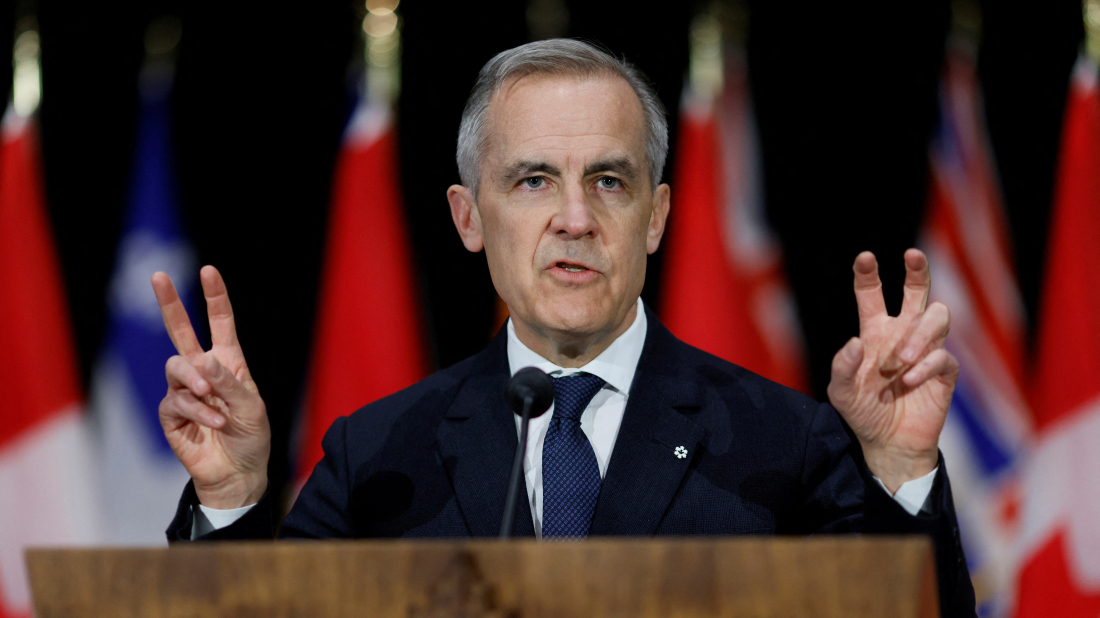
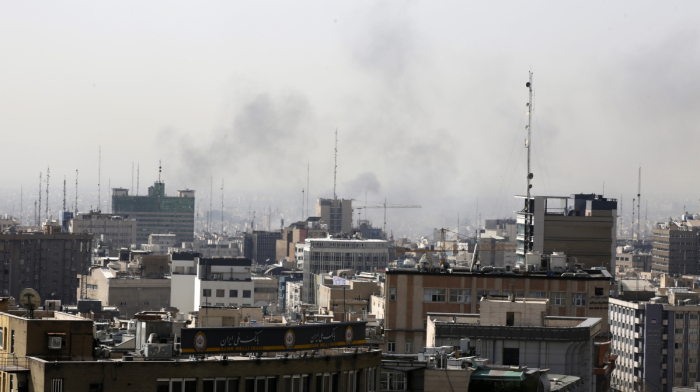


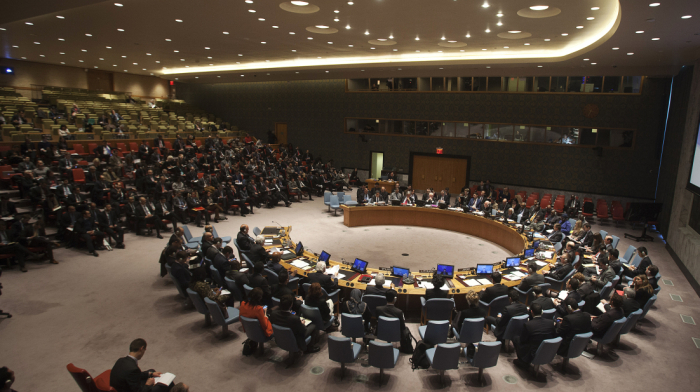
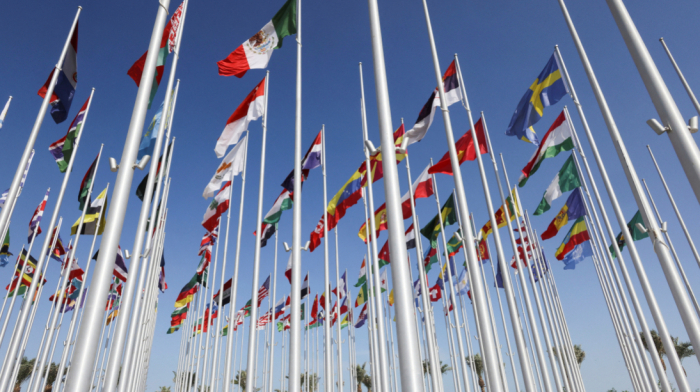


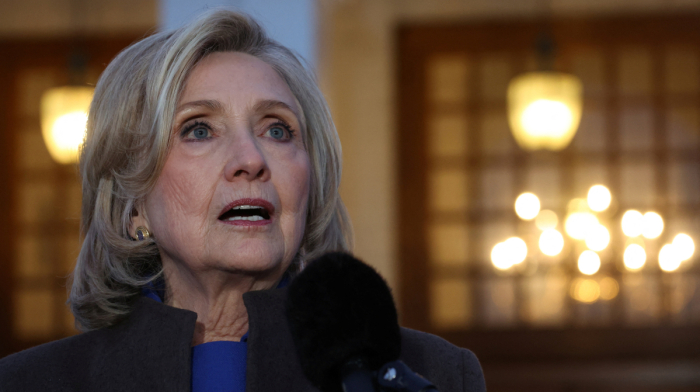
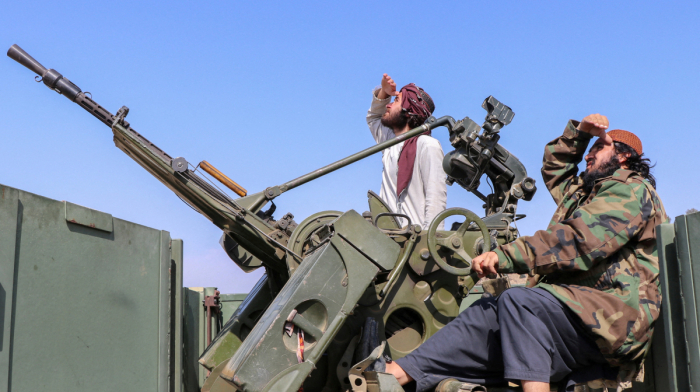


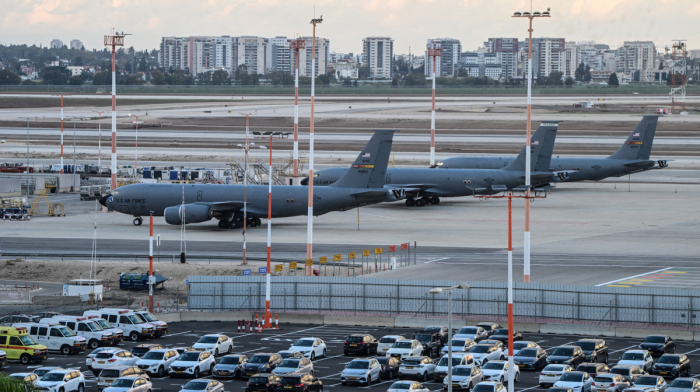



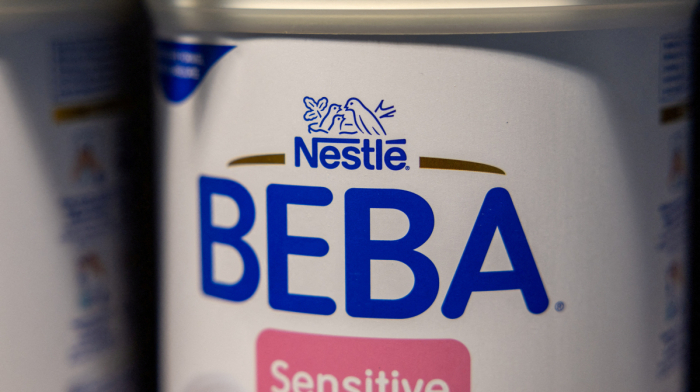




What is your opinion on this topic?
Leave the first comment